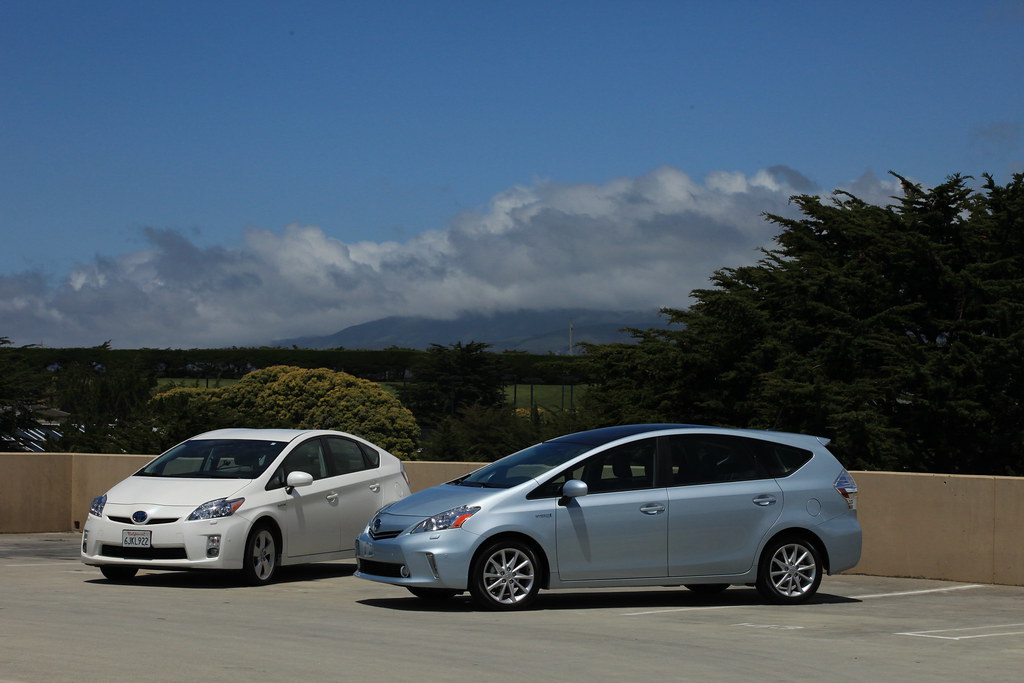Gas prices might go up and down, but one thing stays constant: fuel-efficient cars are a smart investment. Whether you’re commuting daily, road-tripping on a budget, or just want fewer gas station visits, a good MPG rating makes a huge difference over time.
The best part? You don’t have to buy brand-new to enjoy incredible gas mileage. Many used cars from the last 5–10 years offer excellent fuel economy and can be found at budget-friendly prices.
Let’s explore the top used models that sip gas—not guzzle it.
What to Look for in a Fuel-Efficient Used Car
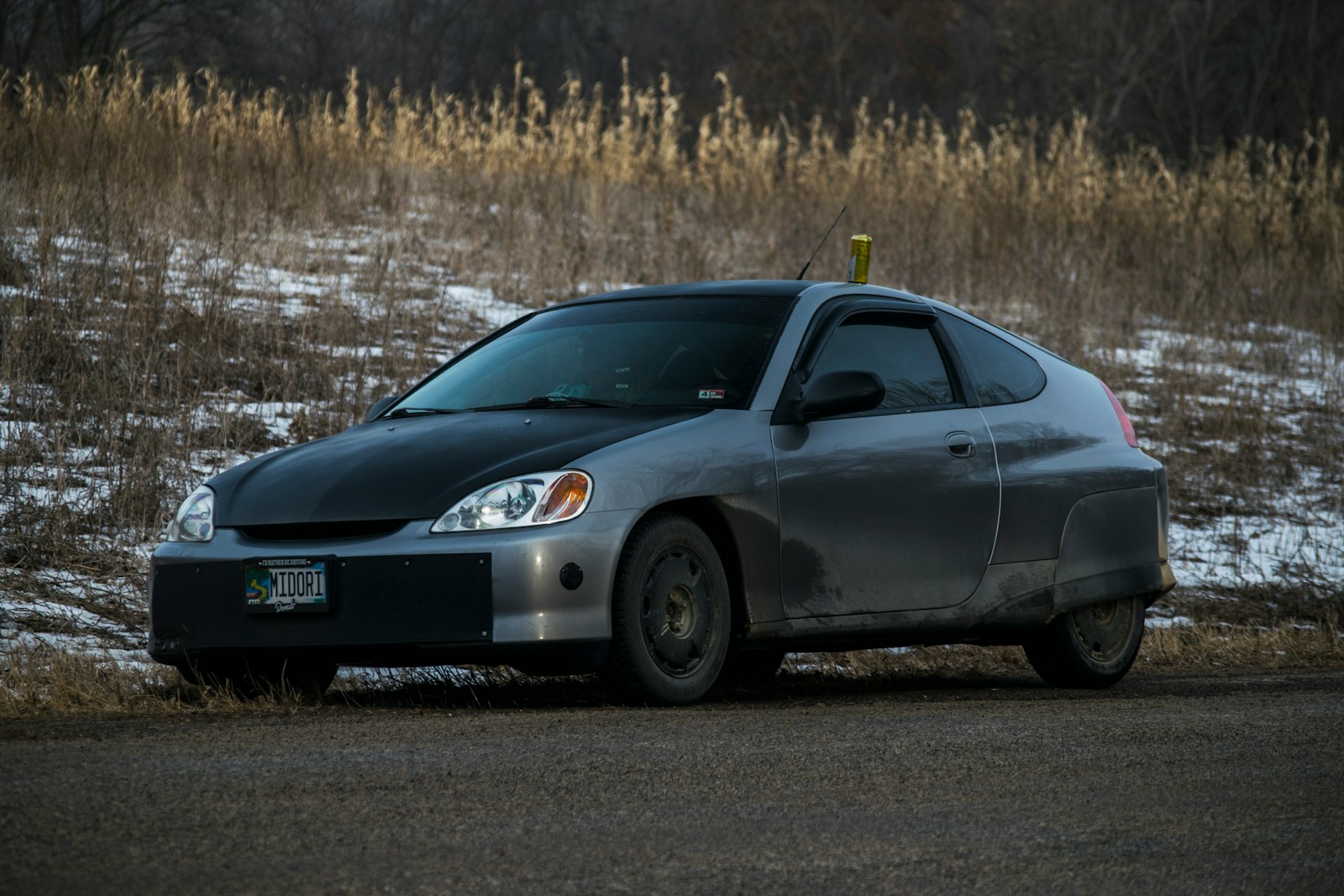
Before diving into the list, here are the key factors to consider:
- Combined MPG (EPA rating of both city and highway driving)
- Maintenance and reliability track record
- Hybrid or gas-only options
- Availability and price on the used market
- Resale value and longevity
Top 10 Fuel-Efficient Used Cars
1. Toyota Prius (2015–2020)
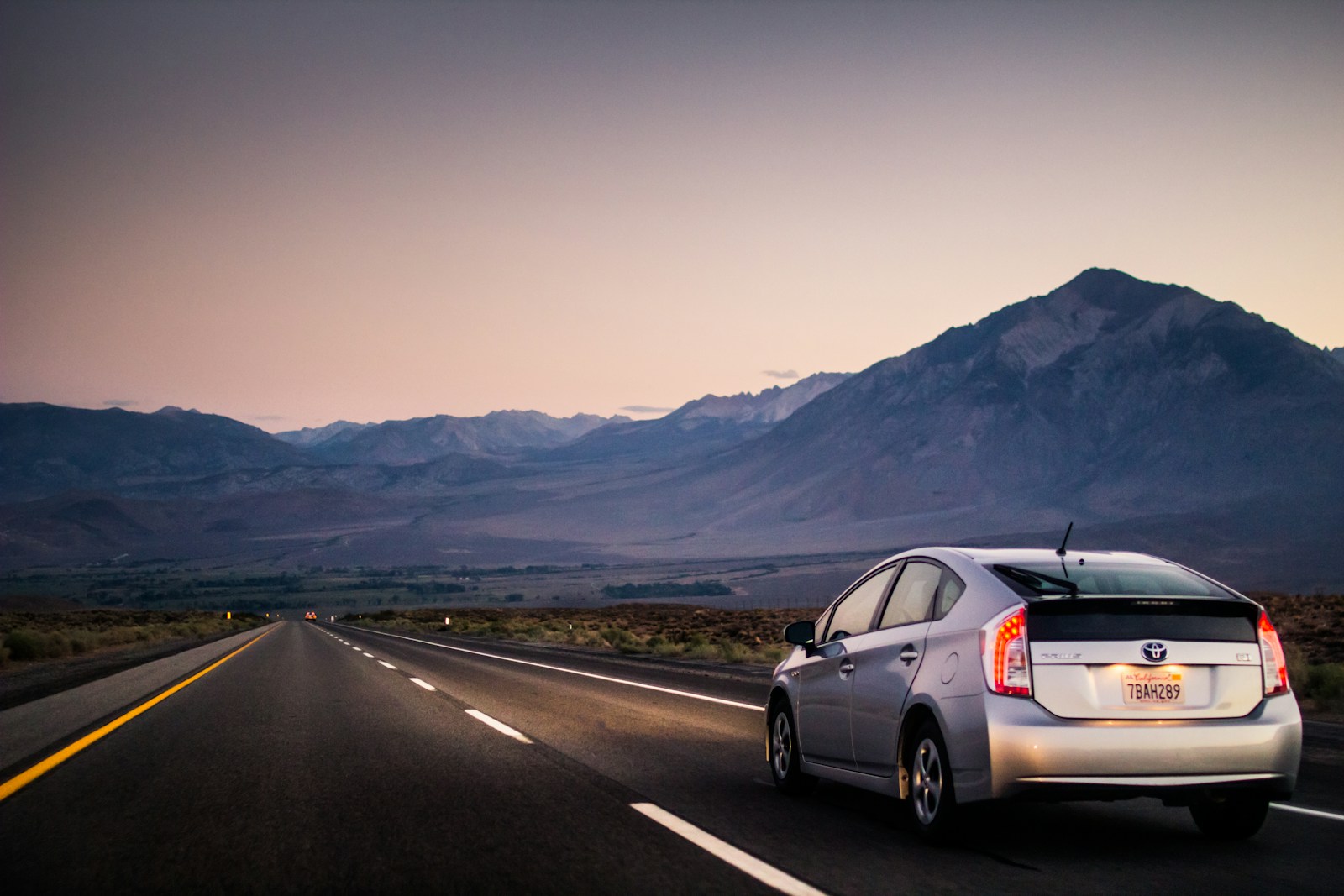
Pros: Legendary reliability, ~50+ mpg, low maintenance costs
Cons: Slow acceleration, quirky styling
2. Honda Insight (2019–2022)
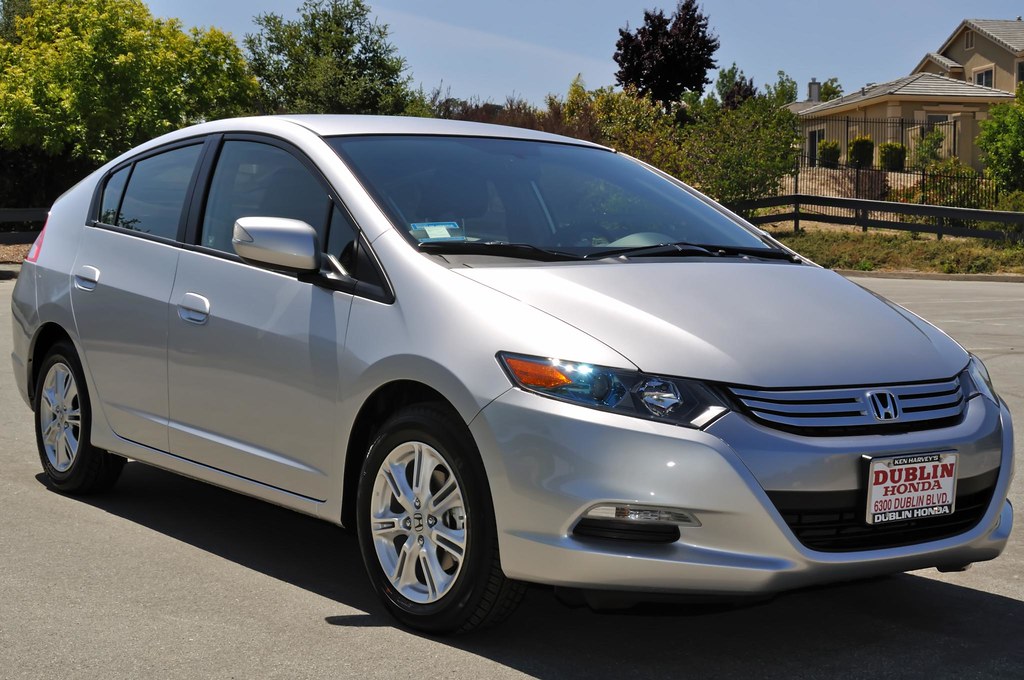
Pros: Sleek design, 52 mpg combined, smooth hybrid powertrain
Cons: Smaller trunk space, less common than Prius
3. Hyundai Ioniq Hybrid (2017–2022)
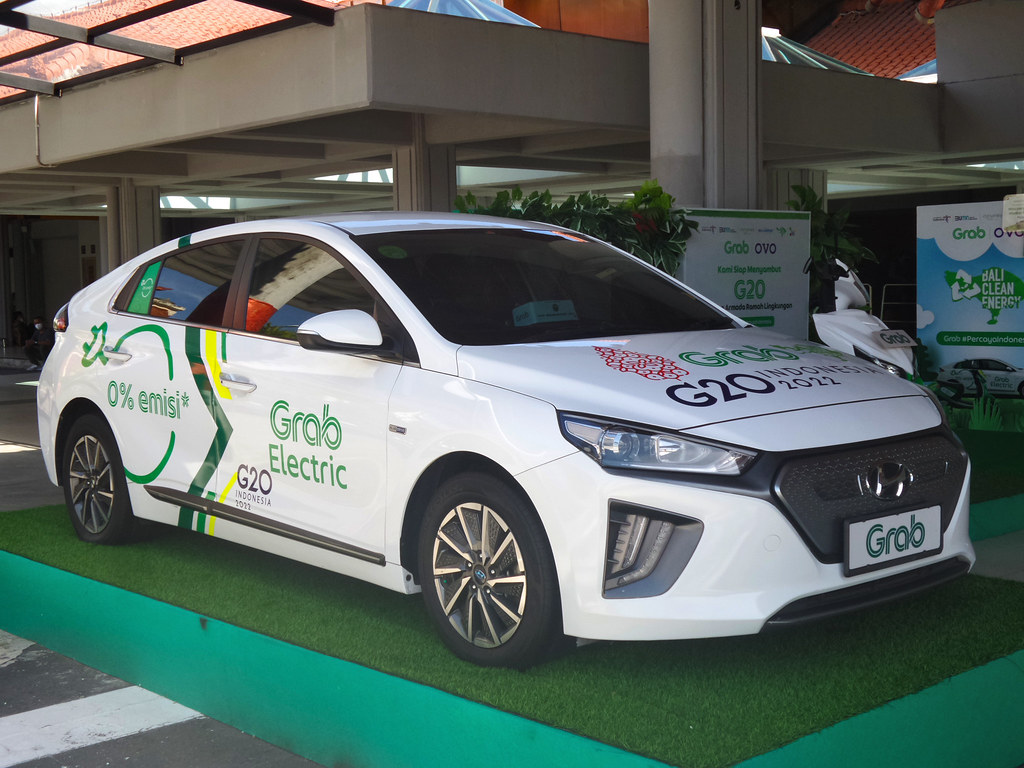
Pros: One of the highest mpg ratings (~58 mpg), modern interior
Cons: Less resale value than Honda or Toyota, not AWD
4. Toyota Corolla Hybrid (2020–2022)
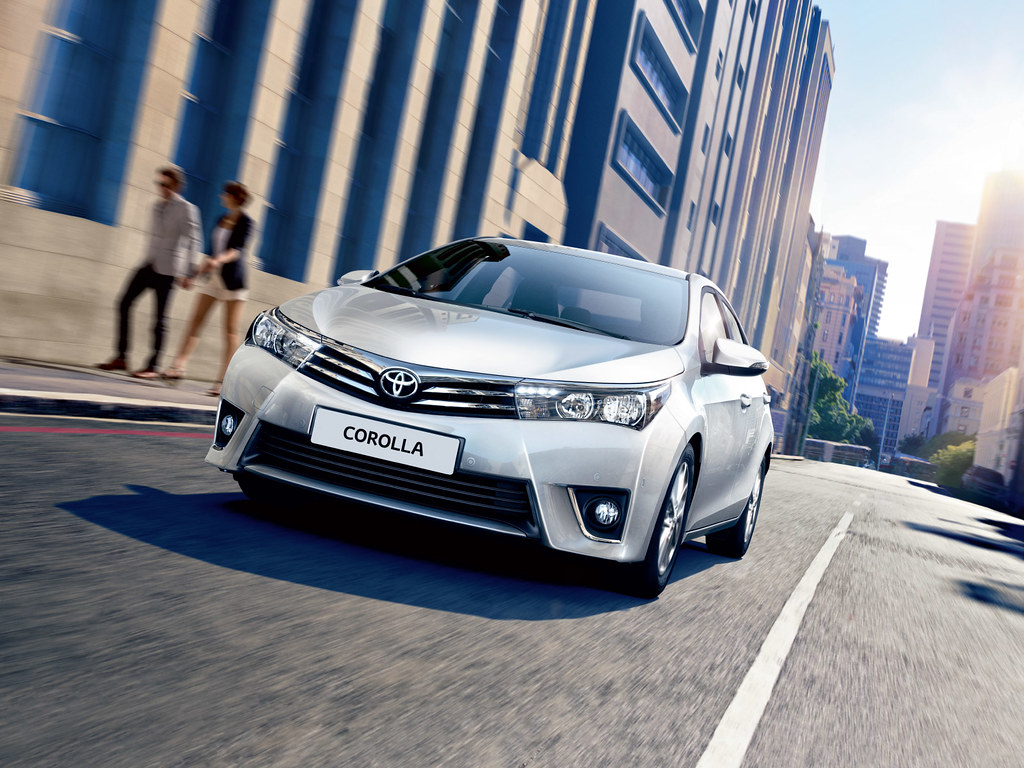
Pros: 52 mpg combined, Corolla-level dependability, more conventional look
Cons: Limited trims and availability in early years
5. Kia Niro (2017–2022)
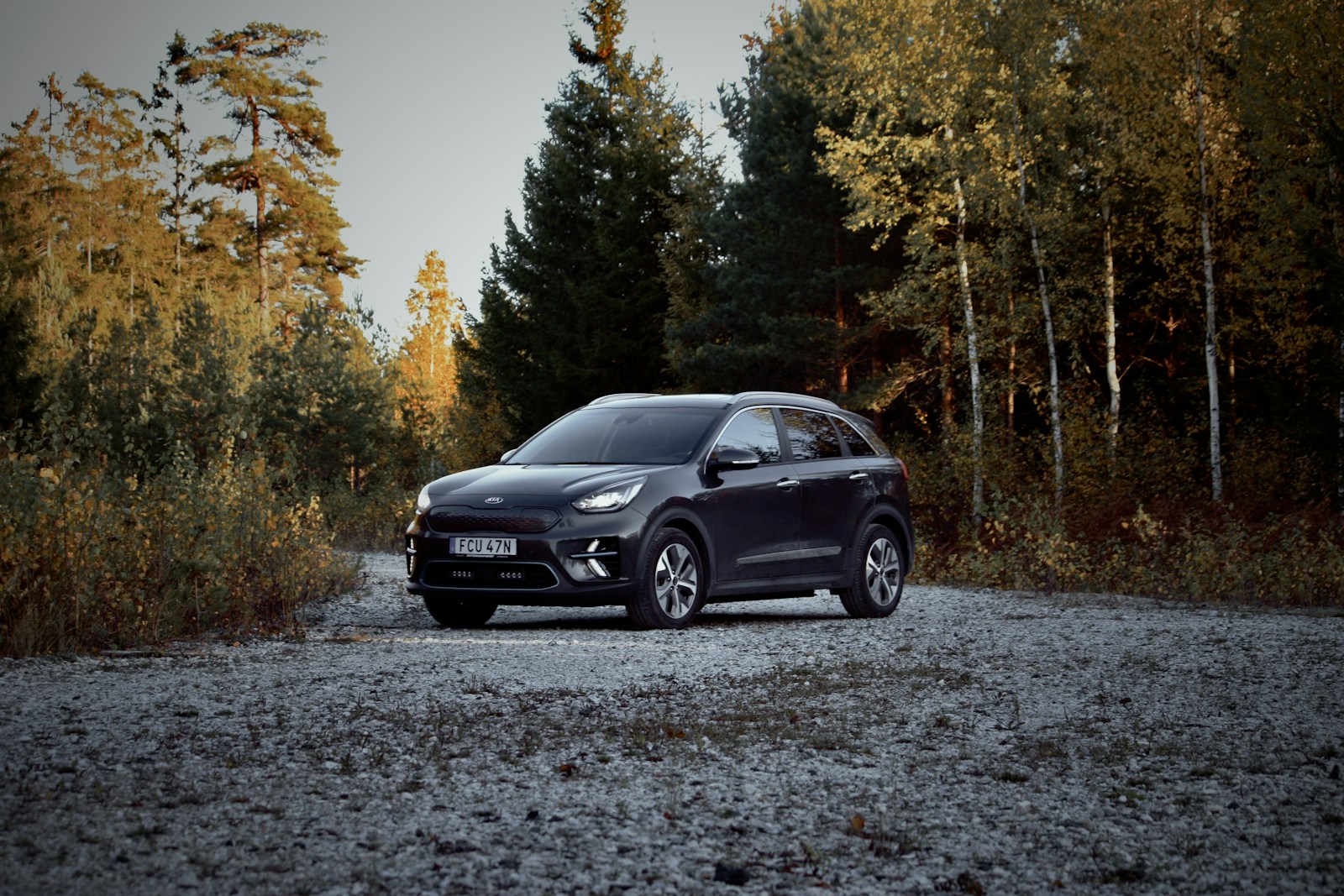
Pros: Crossover style with ~50 mpg, lots of tech for the price
Cons: Not AWD, rear visibility is limited
6. Ford Fusion Hybrid (2016–2020)
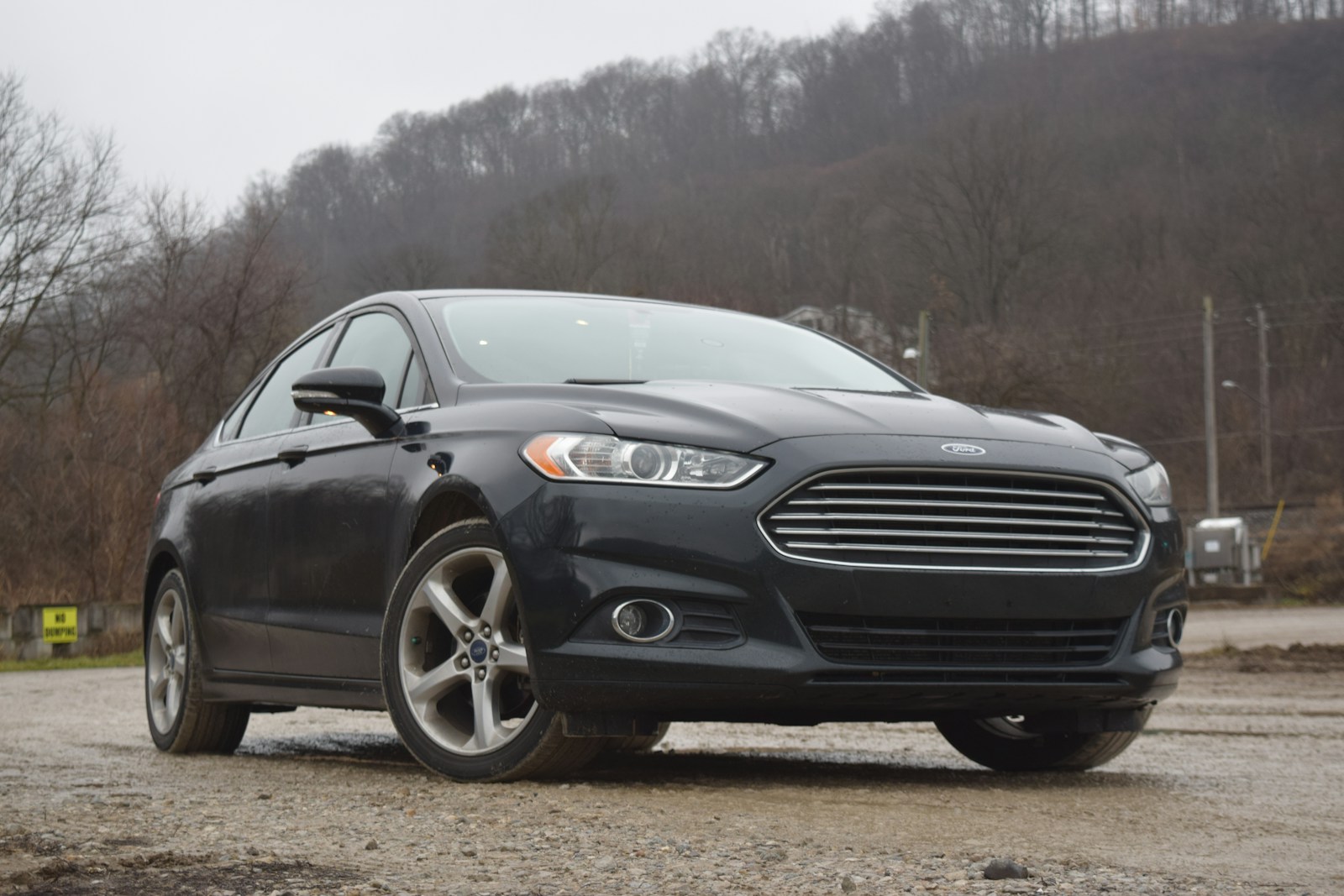
Pros: Comfortable ride, 42–44 mpg, mid-size comfort
Cons: Heavier car = slower, some models had battery issues
7. Chevrolet Volt (2016–2019)
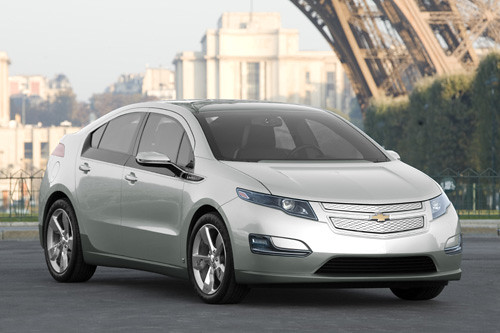
Pros: Plug-in hybrid with 50+ miles electric range + 42 mpg on gas
Cons: Backseat is tight, charging infrastructure helps but not required
8. Honda Fit (2015–2020)
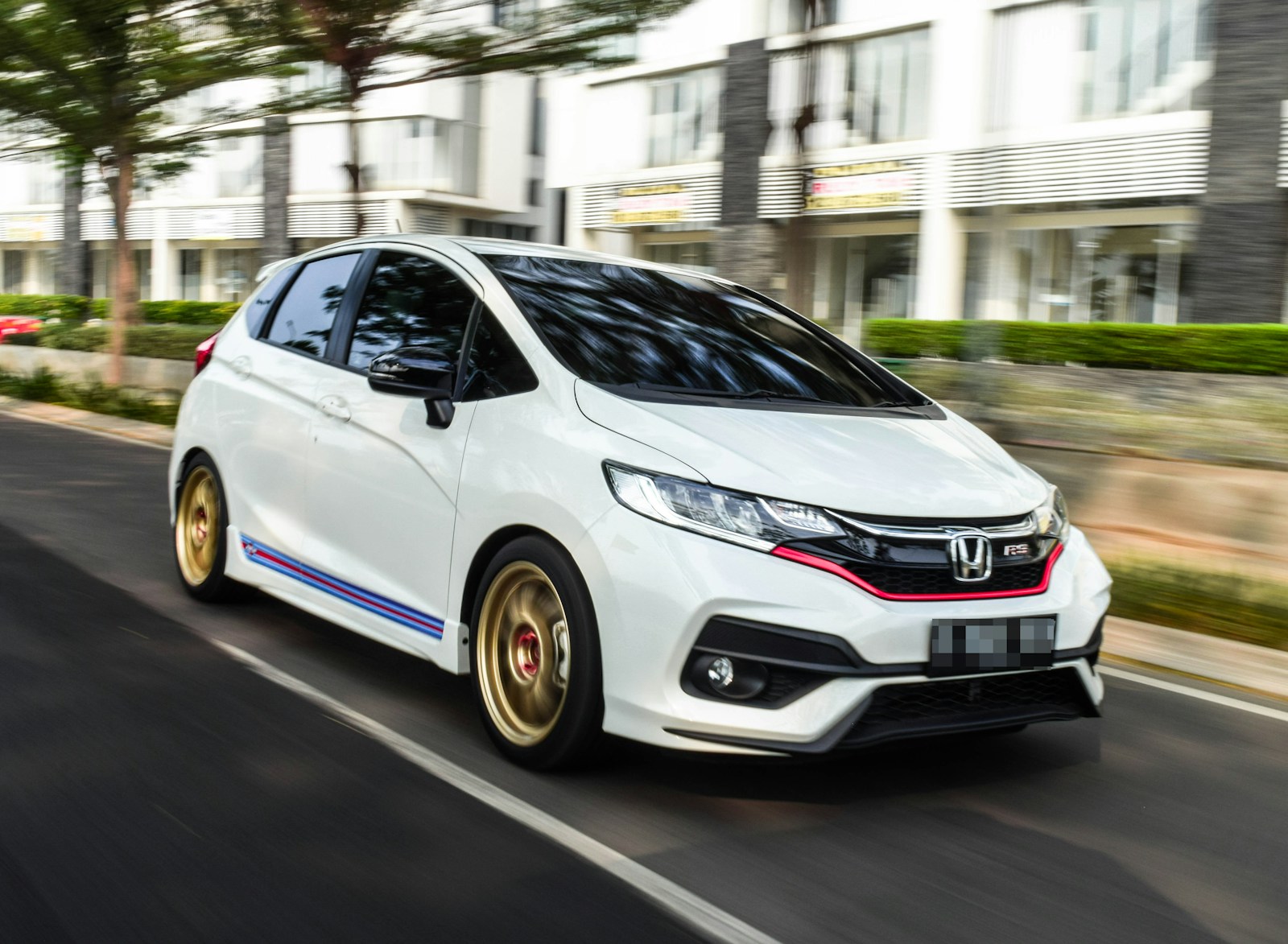
Pros: 33–40 mpg, versatile “Magic Seat,” fun to drive
Cons: Small size might not be ideal for taller drivers
9. Toyota Yaris (2015–2020)
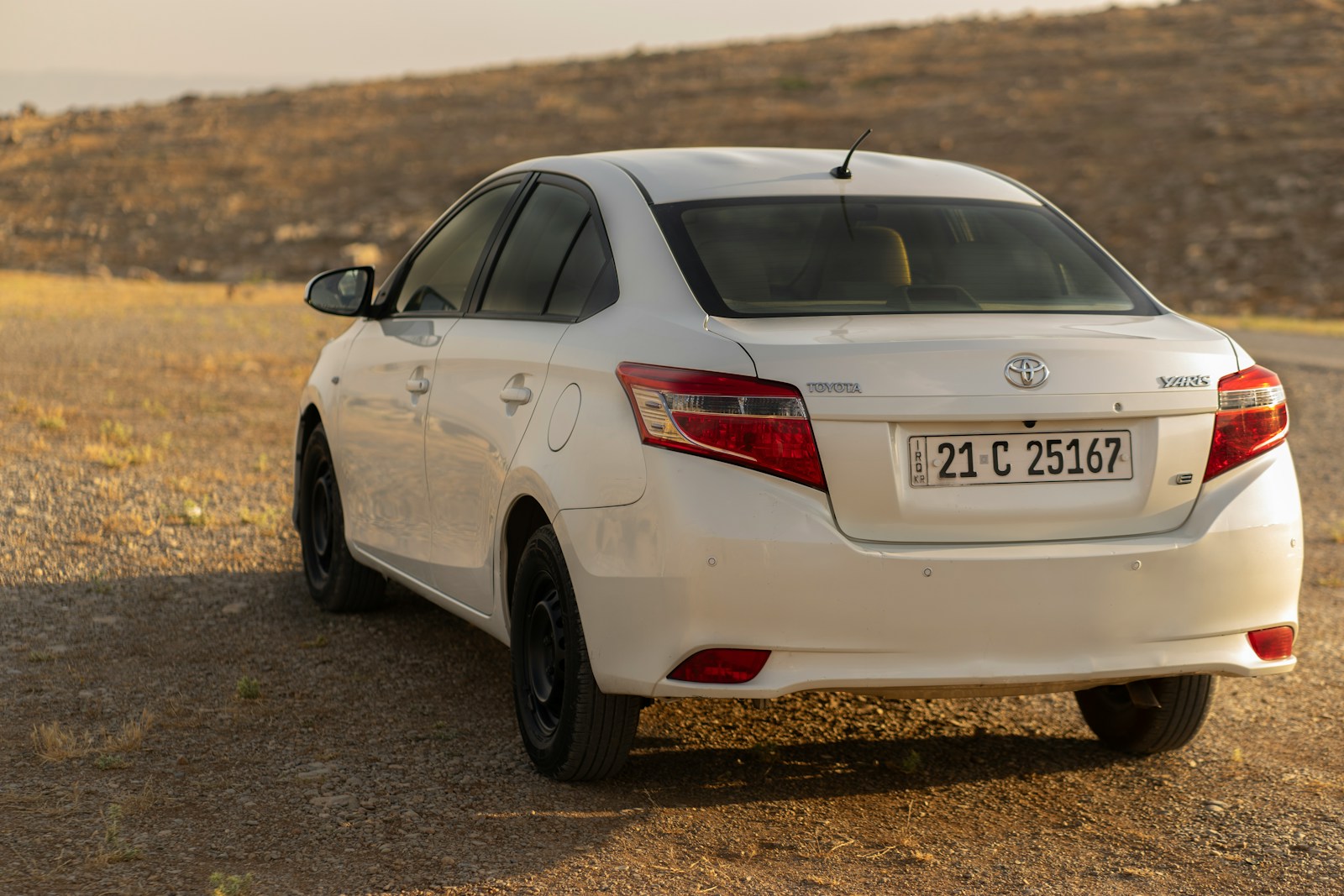
Pros: 35–40 mpg, simple and reliable, easy to park
Cons: Basic interior, limited power
10. Mazda3 (2015–2020)
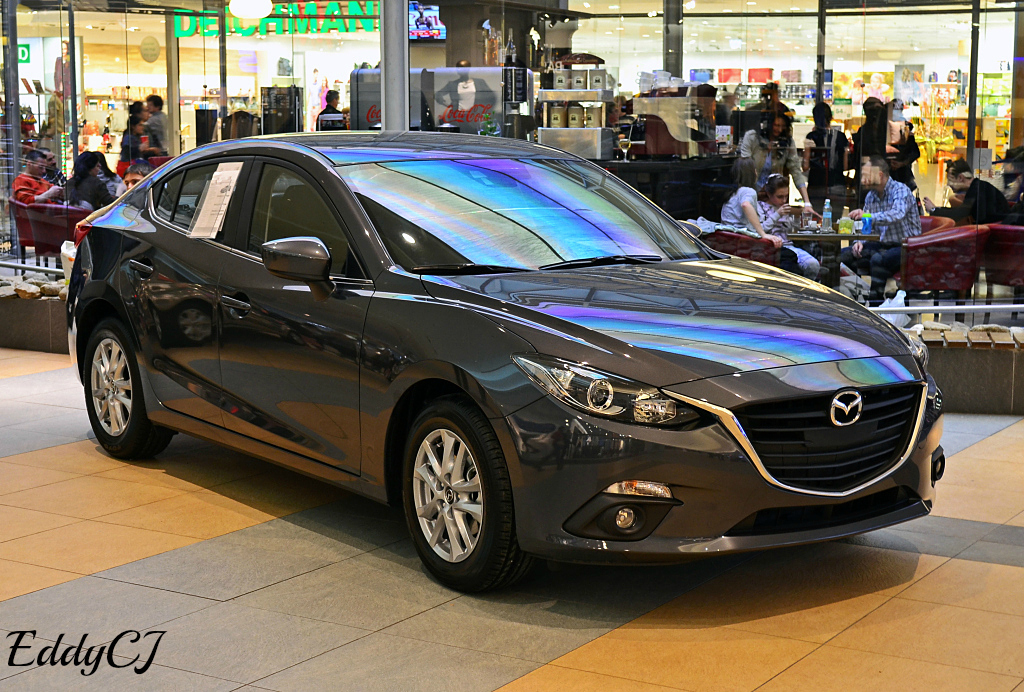
Pros: Up to 38 mpg highway, sporty drive, upscale feel
Cons: Lower city mpg than hybrids, smaller cabin
Comparison Table
| Car Model | Type | MPG (Combined) | Key Benefit |
|---|---|---|---|
| Toyota Prius | Hybrid | 50–55 | Most proven fuel-saver |
| Honda Insight | Hybrid | 52 | Stylish hybrid alternative |
| Hyundai Ioniq Hybrid | Hybrid | 58 | Highest MPG on the list |
| Toyota Corolla Hybrid | Hybrid | 52 | Reliable & conventional |
| Kia Niro | Hybrid CUV | 50 | Crossover shape + efficiency |
| Ford Fusion Hybrid | Hybrid Sedan | 42–44 | Roomy and smooth ride |
| Chevrolet Volt | Plug-In Hybrid | 42 + 50 EV | Gas and electric range |
| Honda Fit | Subcompact | 33–40 | Cargo flexibility |
| Toyota Yaris | Subcompact | 35–40 | City car with low costs |
| Mazda3 | Compact Sedan | 33–38 | Fun-to-drive + efficient |
Real-Life Savings
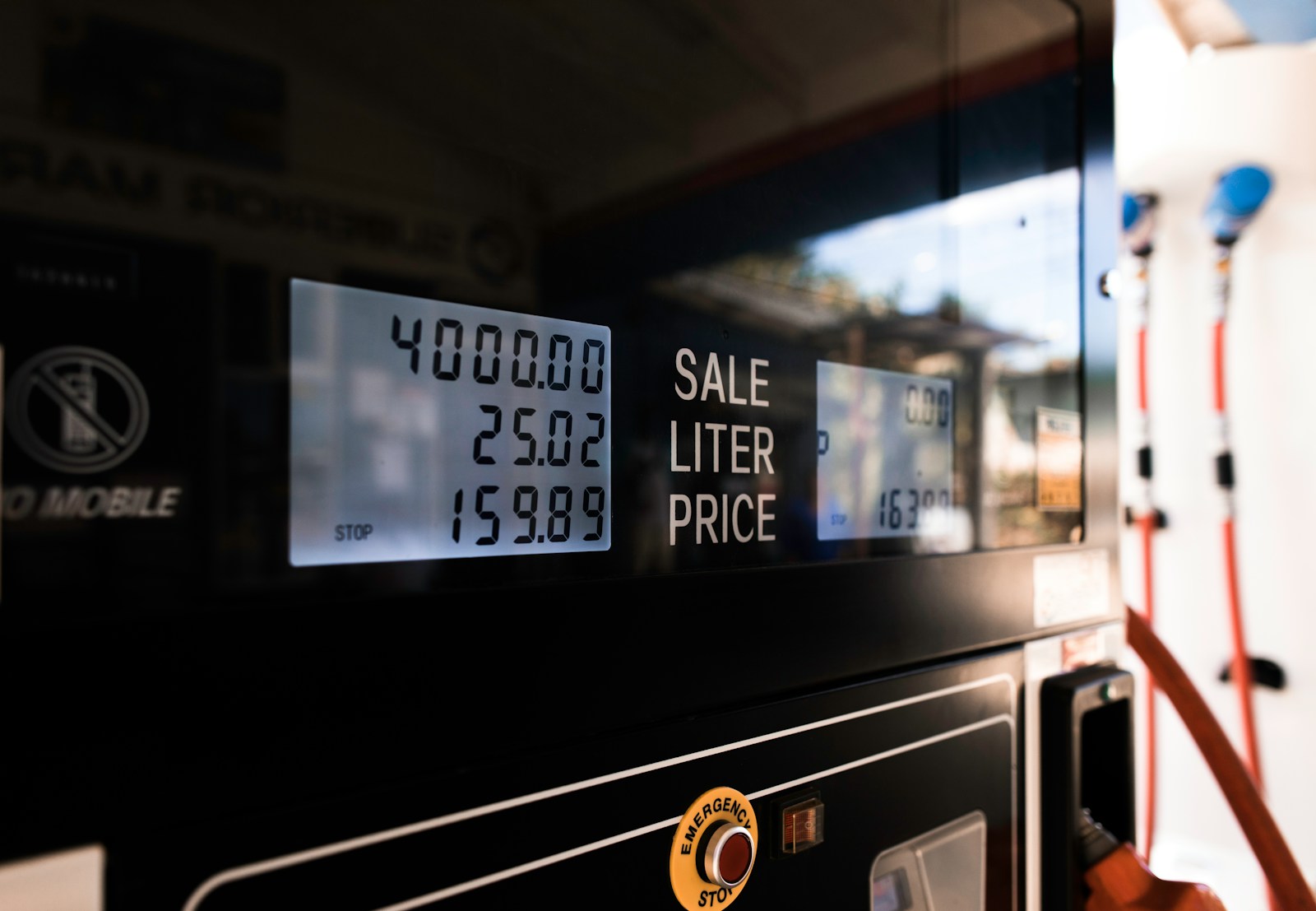
Let’s put it into perspective. If you drive 15,000 miles a year:
- A car with 20 mpg costs $2,625/year in gas (at $3.50/gal)
- A car with 50 mpg costs only $1,050/year
That’s $1,575 saved per year, just by switching to something fuel-efficient.
FAQs
1. Are hybrids more expensive to maintain?
Not necessarily. Modern hybrids from Toyota, Honda, and Hyundai are built with durability in mind. In fact, many require less brake maintenance due to regenerative braking. Battery replacement is rare within the first 10 years.
2. Should I buy a used EV instead?
If you have reliable access to charging, a used EV like the Chevy Bolt or Nissan Leaf can save even more money. But keep in mind: range drops in cold weather, and some older EVs have limited range.
3. How many miles is too many for a used hybrid?
Look for hybrids under 120,000 miles with full maintenance records. Toyotas and Hondas often run well past 200,000 miles, especially if regularly serviced.
Final Thoughts
Fuel-efficient used cars are more than just economical—they’re smarter, cleaner, and often more reliable than you’d expect. Whether you’re leaning toward a Prius for ultimate savings or a Mazda3 for fun daily driving, this list covers the best of both worlds.
The bottom line? You don’t have to spend big to drive smart.
Let’s Talk Cars
Have a question? A suggestion? Just want to say hi?
You’re in the right place.
Use the form below to reach out to the AutoSpecs Daily team. We're happy to hear from readers, car lovers, first-time buyers, and anyone who's got something to share.
What can you contact us about?
- Feedback on one of our articles
- Ideas for new topics you'd like us to cover
- Questions about cars, gear, or general auto advice
- Media, partnership, or brand inquiries
- Anything else that's on your mind
We check every message that comes through and do our best to respond within 2 to 3 business days.
We don’t list an email address here to avoid spam, but the contact form is the best and fastest way to reach us.
Thanks for stopping by. We're glad you're here.

